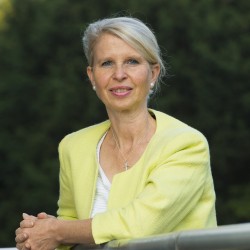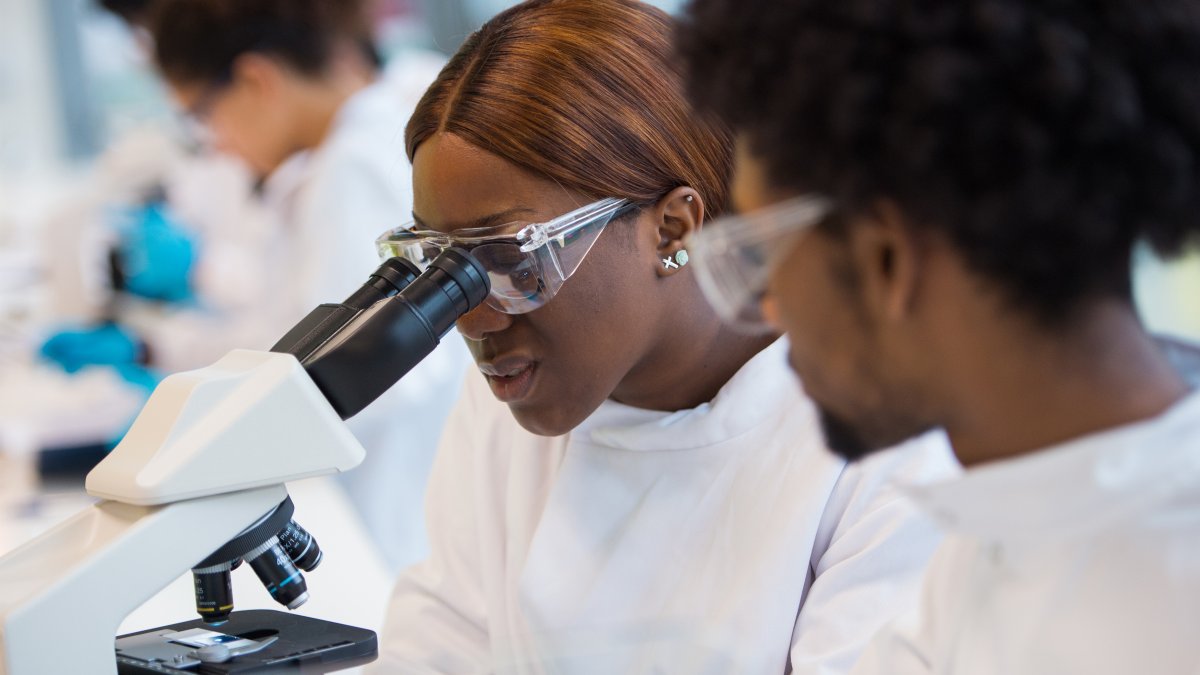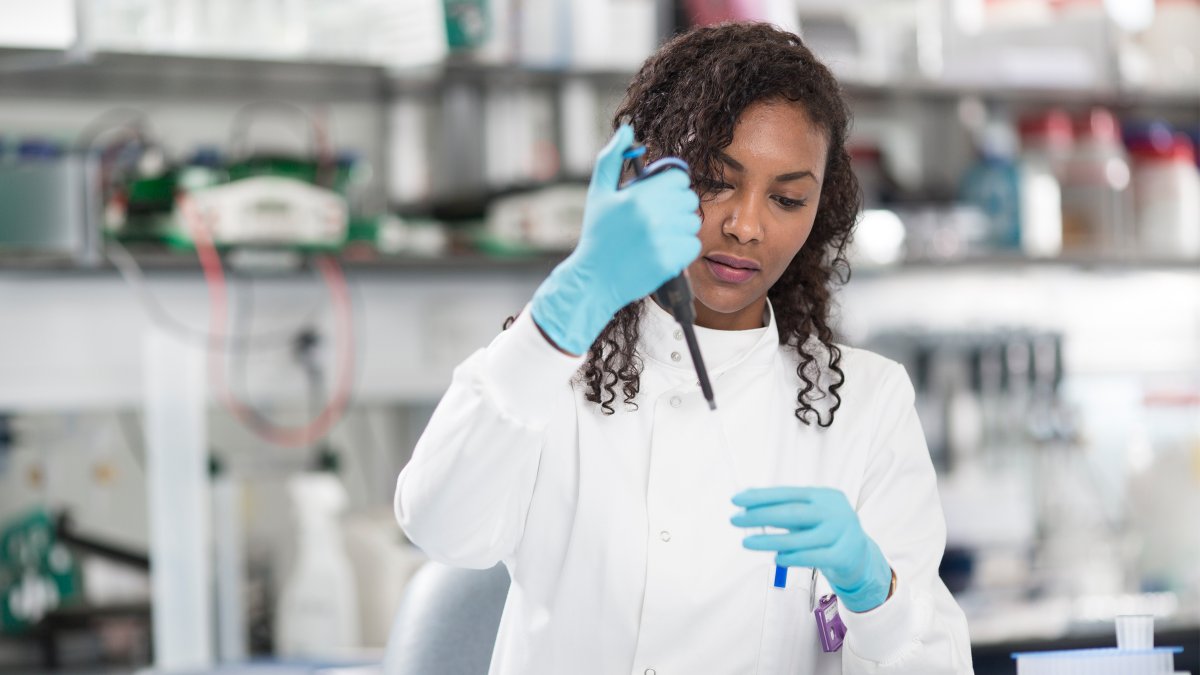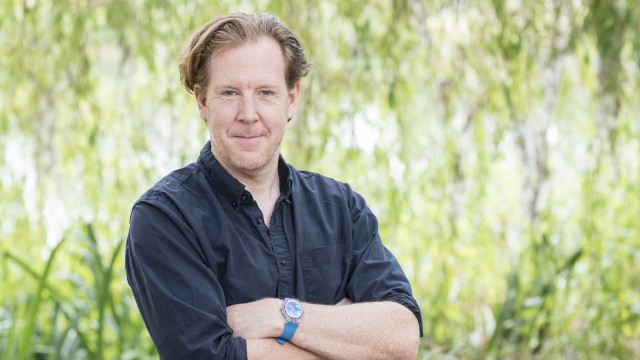Meet the Department of Nutrition, Food and Exercise Sciences
In the Department of Nutrition, Food and Exercise Sciences, we have a long-standing history of offering masters courses that meet the needs of both industry and society.
Why choose the Department of Nutrition, Food and Exercise Sciences?
By choosing to complete your postgraduate studies with us, you’ll become part of a community of research-active staff and students and will benefit from one-to-one support, expertise from leaders in their respective fields, enhanced employability and opportunities to join research groups and societies.
Studying with us
Everything we do in this department has a research focus. We were awarded the Queen’s Anniversary Prize 2017-18 for Further and Higher Education in recognition of our research excellence in the field of food and nutrition.
We offer three postgraduate courses: Nutritional Medicine MSc (which has been running for over 25 years), Food Science MSc and Human Nutrition MSc. Each of our courses has a research dissertation that will allow you to carry out experiments and projects on important topics in the field. We’ll match your interests with the expertise of our academic staff, ensuring you get the best support.
In recent years, our researchers have identified the long-term effects of inadequate dietary intake on our bodies and have helped prove the positive effects of good nutrition, in particular the protective role it can play in reducing the risk of age-related disease outcomes.Professor Susan Lanham-New, Head of the Department of Nutrition, Food and Exercise Sciences

Our facilities
As a postgraduate nutritional sciences student, you’ll get access to our multimillion-pound biomedical laboratories, kitted out with the latest industry equipment. This includes our stable isotope-based analysis core facility where you can use stable isotope tracers and mass spectrometry, to measure rates of synthesis, disposal and conversion of metabolites. We have also recently opened a Food and Nutrition Kitchen Lab, which has specialist nutrition and food research equipment.
Elsewhere in the University, you’ll also get access to our library, which is open 365 days a year, and you can join Surrey Sports Park, which has a huge range of sporting facilities, classes and activities.
Research-led teaching
In the Department of Nutrition, Food and Exercise Sciences, we have a research-led focus to our teaching, ensuring everything you learn is up-to-date and relevant to employers. You’ll be taught by lecturers who are active researchers within their respective fields. These may include:
- Professor Margaret Rayman, an expert on the effects of selenium and iodine in pregnancy
- Professor Susan Lanham-New, an expert on vitamin D and nutrients key to bone health
- Professor Denise Robertson, an expert on complex carbohydrates and health
- Dr Kourosh Ahmadi, an expert on the B vitamins and health
- Dr Barbara Fielding, an expert in lipid metabolism and isotope tracers
- Dr Jorge Gutierrez-Merino, an expert in microbes and the role they play in the food chain
- Dr Kathryn Hart, an expert on personalised nutrition for health and dietary assessment methods
- Dr Terri Grassby, an expert on food chemistry and structures
At the beginning of your course, you’ll be assigned a personal tutor from within the Department, who will provide you with one-to-one academic and pastoral support.
Future-focused
A postgraduate degree in nutritional sciences opens many doors, with 100% of our biosciences masters graduates going on to full-time employment or further study (Graduate Outcomes 2024, HESA).
Once they’ve completed their studies, our graduates often start or continue careers as dietitians, gastroenterologists, general practitioners, pharmacists and researchers in industry. Many of our graduates also go on to complete a PhD with us, joining a community of research-active staff and postgraduate researchers.
Vibrant community
During your time at Surrey, you’ll have the option to join a research group within your chosen area of study. Groups include:
- Section of Cardiovascular Sciences
- Section of Metabolic Medicine, Food and Macronutrients
- Section of Public Health Nutrition, Dietetics and Micronutrients.
Each of these groups meet regularly to discuss research topics, findings and publications. We also have a host of external speakers who visit us throughout the year to present their work.






